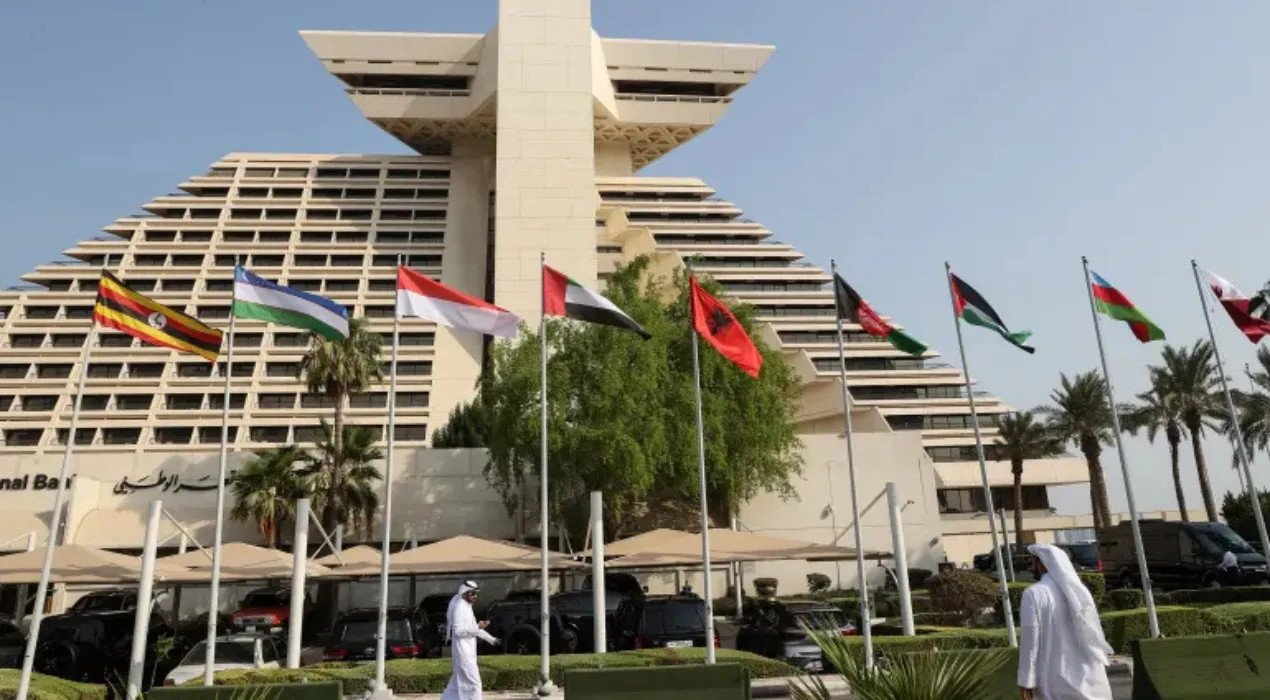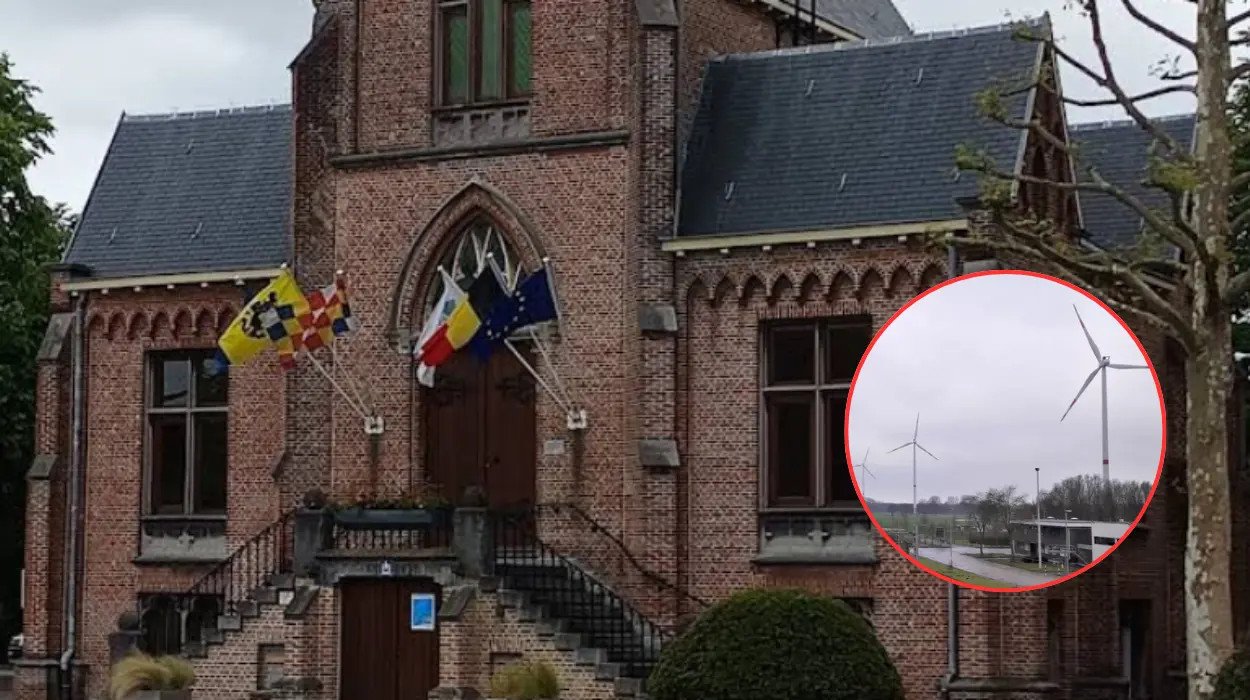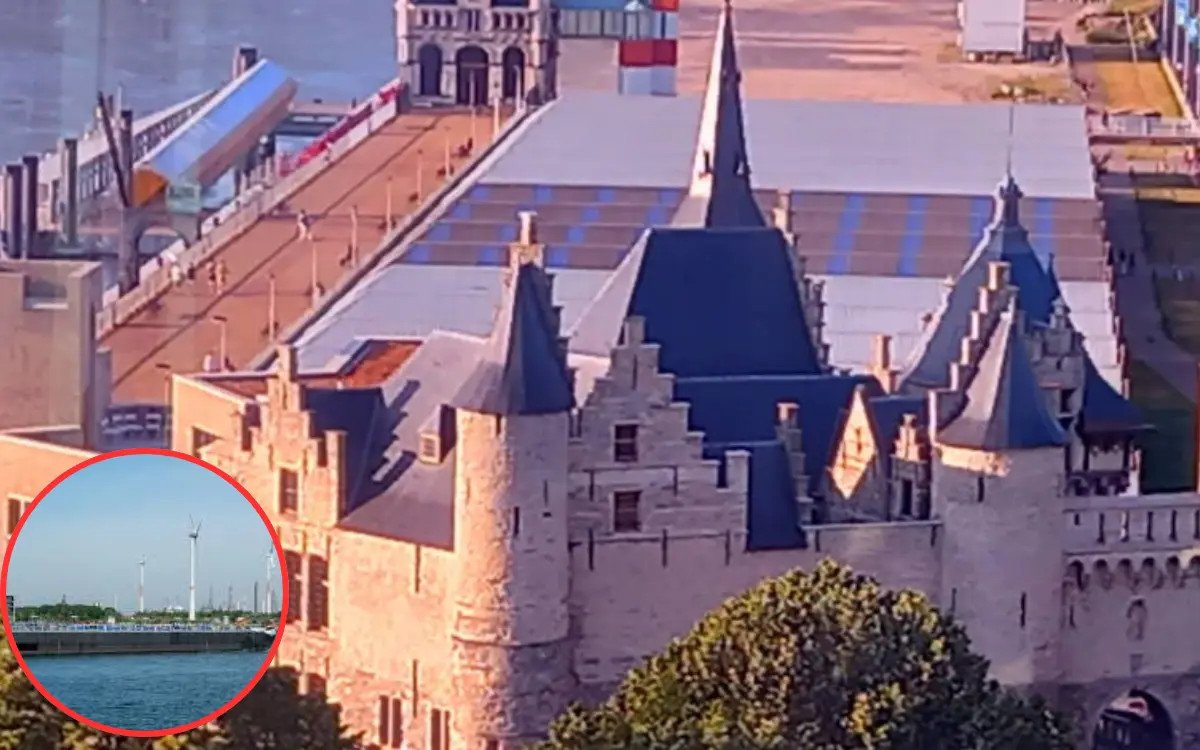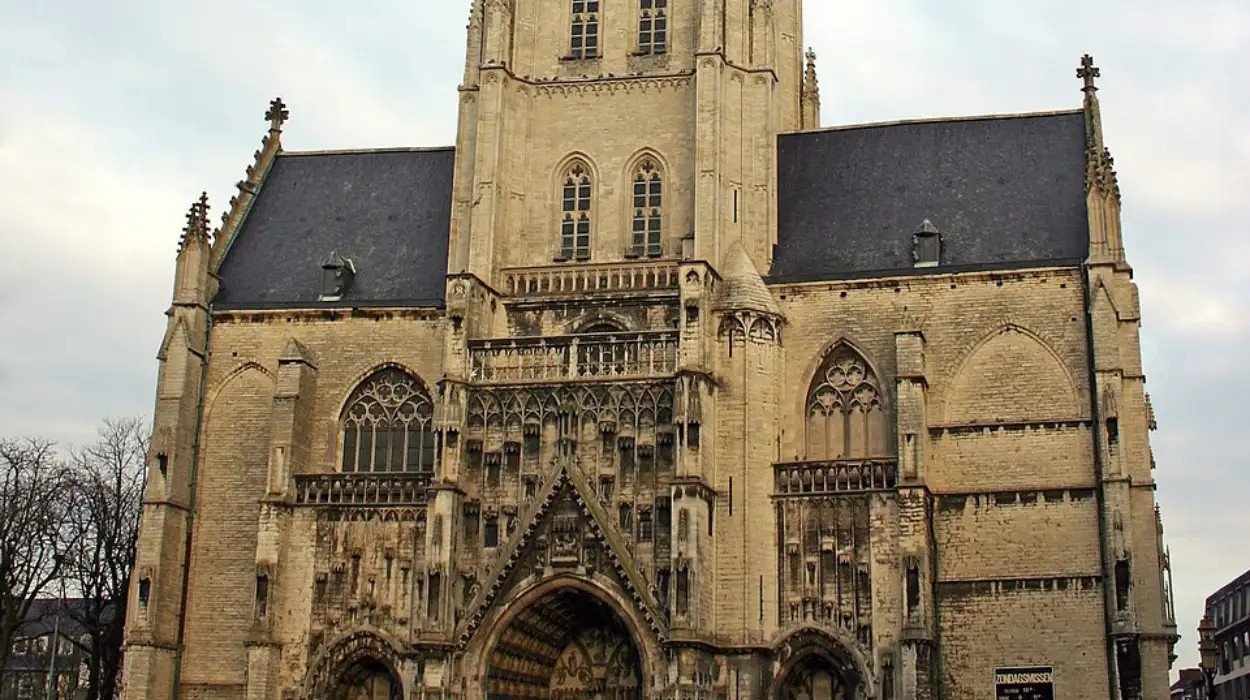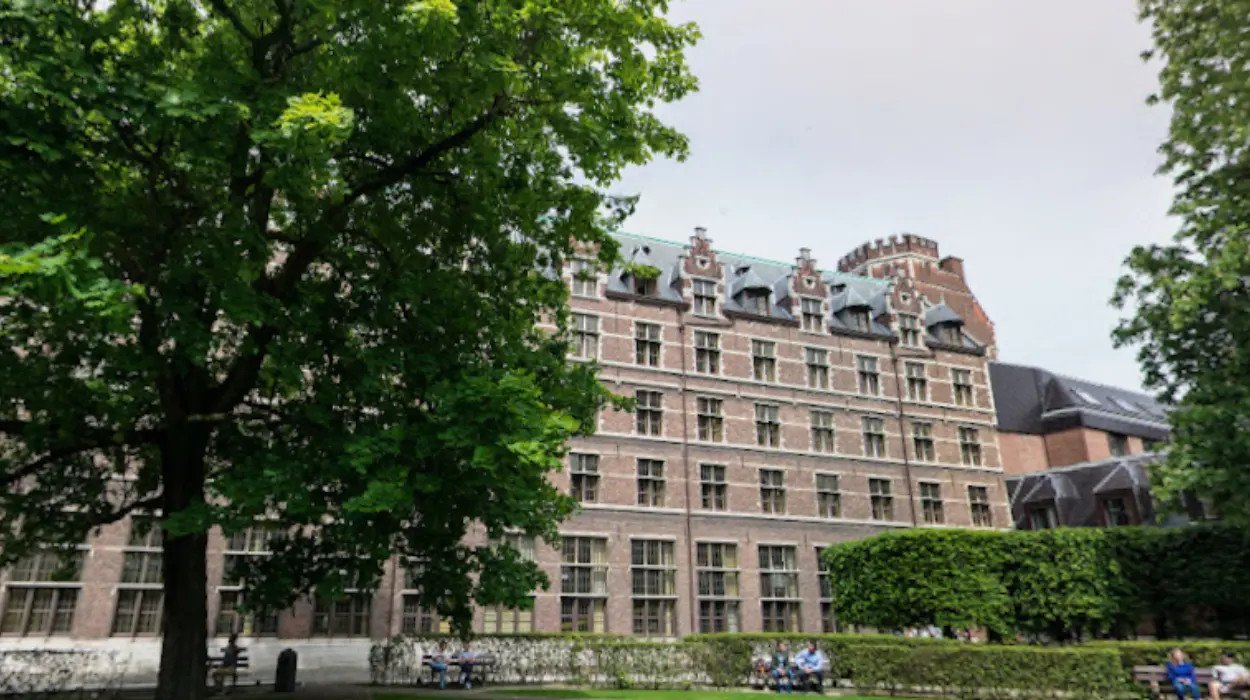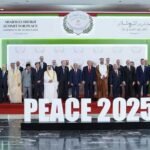
The 2025 Arab–Islamic extraordinary summit, held on September 15 in Doha, Qatar, convened in response to escalating regional tensions following an Israeli airstrike on September 9 that killed five Hamas members and a Qatari security officer. This unprecedented assault within Qatari territory has ignited condemnation from Qatar, which characterized the attack as a violation of national sovereignty and international law, labeling it “state terrorism,” reports 24brussels.
The summits, which have historically provided a platform for Arab and Islamic cooperation, saw their urgency amplified by the Israeli action, as previous gatherings had already addressed the humanitarian crises in Gaza and the Israeli-Palestinian conflict. The 2023 and 2024 summits called for ceasefires and collective action to defend Palestinian rights amidst increasing violence.
In light of the Israeli airstrike, the Arab and Islamic states recognized the need for a united response to what is perceived as aggressive Israeli actions undermining regional peace. Emir Sheikh Tamim bin Hamad Al Thani’s call for the summit sought to organize regional and global responses, reaffirm solidarity with Qatar, and discuss the implications of the ongoing Gaza conflict.
Background and context leading to the 2025 Summit
In the wake of the Israeli airstrike, the summit gathered over 50 leaders from Arab League countries and Organisation of Islamic Cooperation (OIC) member states, reflecting a decisive moment for regional diplomacy. High-profile attendees included Iranian President Masoud Pezeshkian, Iraqi Prime Minister Mohammed Shia al-Sudani, Turkish President Recep Tayyip Erdoğan, Palestinian President Mahmoud Abbas, and Egyptian President Abdel Fattah el-Sisi.
Emir Tamim condemned Israel’s conduct as an attempt to exert control over the Arab world and predicted that the situation had escalated from conflict to genocide. OIC Secretary-General Hissein Brahim Taha called for a collective response, while Arab League Secretary-General Ahmed Aboul Gheit branded Israel as a “rogue state” supported by global indifference.
Proposals for a NATO-like defense pact underscored a desire for formalized collective security among the Arab and Islamic states. The agreed outcomes from the summit condemned the Israeli airstrike and expressed support for Qatar while rebuffing Israel’s expansionist policies in Gaza and the West Bank, labeling these actions as ethnic cleansing.
Summit participation and declarations
The diverse assembly highlighted a growing consensus among leaders on the need for united action in light of Israeli aggressions. Saudi Arabia’s Crown Prince Mohammed bin Salman emphasized regional solidarity, stating, “We must stand united to confront aggression and expansionism.” This sentiment echoed across the summit, showcasing a collective desire to challenge Israel’s actions and secure regional stability.
Pakistani Prime Minister Shehbaz Sharif called for a task force to oppose Israeli aggression, while Palestinian President Mahmoud Abbas demanded the immediate cessation of hostilities in Gaza, urging adherence to international law. Egyptian President el-Sisi condemned Israeli actions, characterizing them as flagrant violations of international norms.
Additionally, Turkish President Erdoğan described the Israeli leadership as driven by a “bloodthirsty mentality,” calling for accountability for war crimes. Hessein Brahim Taha reiterated the necessity for OIC member states to maintain collective security and react decisively to attacks on their sovereignty.
Qatar’s Foreign Ministry spokesperson emphasized that any assault on Qatar is unacceptable to the Arab and Islamic nations, reiterating a stance of solidarity and resilience against aggression. The summit’s statements signaled a historic point of unity among member states against perceived violations of sovereignty and international law.
Statements from Leaders and political implications
The Doha summit represented a turning point, as leaders from various nations contemplated strategic partnerships beyond traditional alliances, reflecting an uptick in skepticism towards U.S. reliability as a security partner. Discussion of collaborations with nations like China and Turkey highlighted a potential shift in geopolitical alignments.
The convergence of diverse views and proposals at the summit illustrated a significant reassessment of roles and relationships, emphasizing the commitment to collective political will and advancing regional stability. The summit’s outcome is likely to shape future diplomatic engagement and security frameworks within the Arab and Islamic world.
Future prospects
The 2025 extraordinary summit signifies a crucial moment for the Middle East and the Muslim world, reflecting the urgent demands for cooperative response in light of Israeli actions. The historical precedent of Arab and Islamic summits provided a framework for rapid collective response, reinforcing the necessity for unified political and diplomatic engagement.
The summit’s resolution for mutual defense and the establishment of Arab-Islamic committees indicate a desire to extend the momentum of solidarity into actionable steps. Success will depend on sustained collaboration and a commitment to hold Israel accountable, highlighting the imperative of sovereignty and adherence to international law to prevent further destabilization.
As member states navigate these challenging dynamics, this gathering is poised to resonate as a pivotal effort in consolidating the political ambition of the Muslim world amidst a climate of crisis and conflict.
